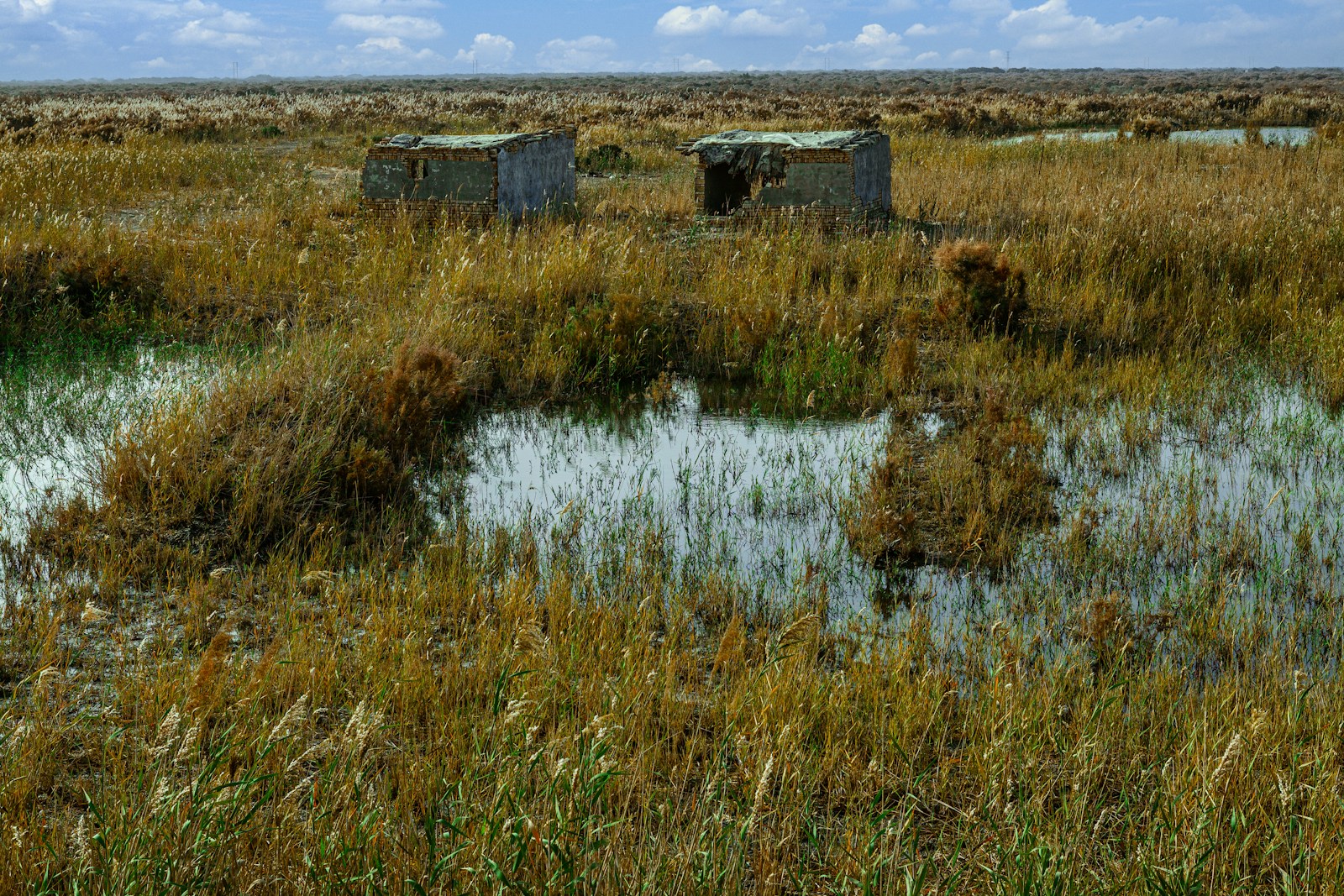Of more than 45,000 potentially hazardous sites across Wales, one-third of local authorities are failing to make the locations public.
Fewer than one-in-three councils make their legally required register of contaminated land sites available to the public, according to Friends of the Earth Cymru.
The organisation has identified a potential 45,157 hazardous locations in Wales alone. Of these, almost none have been inspected despite concerns of risks to public and environmental health.
Research relied on Freedom of Information requests submitted to all 22 Welsh local authorities, triggering the release of all contaminated land registers by the 18 councils that responded. The final estimate was based on this data, along with Friends of the Earth Cymru’s own research.

While there are some signs of improvement — 15 councils did have inspection strategies in place — the overall picture is weak. Just four organisations had updated their policies int he past five years, with one council still using a 2002 process.
Four councils didn’t have a register, but helped identify suspect sites, one authority had failed to flag any potential locations despite acknowledging 18 locations that could be an issue. It was noted the authority reported a lack of funds as the primary reason it could not conduct full investigations.
‘We must make sure the land beneath our feet is safe for people and wildlife. It’s shocking that so much land could be contaminated and yet isn’t being properly inspected,’ said Friends of the Earth Cymru’s Kirsty Luff.
“People in Wales deserve to know whether the places where they live, work, and play are free from pollution. Without proper inspection, these sites remain a mystery – a hidden toxic legacy,’ she continued. ‘Councils are legally required to identify and assess contaminated land, but they don’t have the funding, resources, or political support to do the job.’
Image: 光曦 刘 / Unsplash
More Pollution, Waste & Recycling:
Will Defra’s new waste policy help reduce environmental crime?
114,000 child hospitalisations in London due to air pollution
DRS International launches as world’s largest Deposit Return Scheme consultancy
 Create Account
Create Account





